Keywords: Football
There are more than 200 results, only the first 200 are displayed here.
-
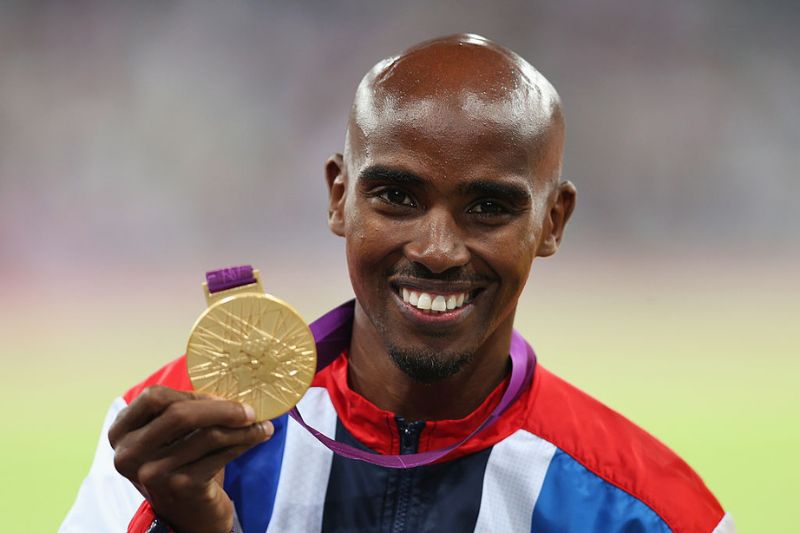
ARTS AND CULTURE
- Gillian Bouras
- 10 August 2022
6 Comments
It is often said that it takes a village to raise a child. It also takes interested and supportive people to encourage athletic talent. A recent documentary on the world's most successful male distance runner Sir Mo Farah raises questions around how host countries know about waste of talent and opportunity when they routinely deport asylum seekers or lock them up?
READ MORE 
-

AUSTRALIA
- Michael McVeigh
- 28 July 2022
15 Comments
There has been much said in recent days about the refusal of a group of Manly Sea Eagles footballers to wear a special Pride jersey. The boycotting players have been labelled as hypocrites (for taking a stand on this issue and not, for example, gambling or domestic violence) and even hateful for their actions. Many say they would be happy to see them sacked from the club entirely. It seems to me, though, that the attitudes of the Manly players deserve more consideration than this.
READ MORE 
-
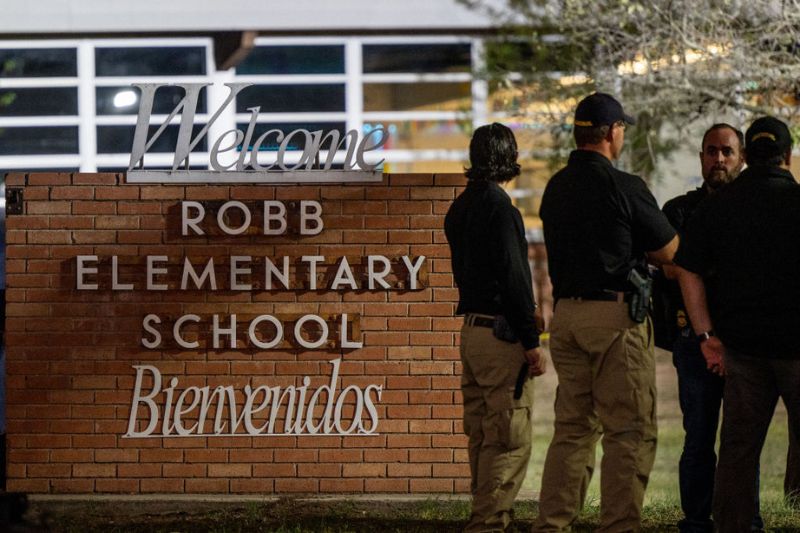
INTERNATIONAL
- Binoy Kampmark
- 20 June 2022
11 Comments
In the context of mass school shootings in the United States, the latest of which took place at Robb Elementary School in Uvalde, Texas, a crude form of deterrence has made an appearance. To be safer, you do not remove guns, but spread them through a policy of mutually assured terror. Any gun toting individual entering the school grounds will think twice before encountering the hail of bullets from a protective teacher. Gun control, accordingly, becomes anathema.
READ MORE 
-
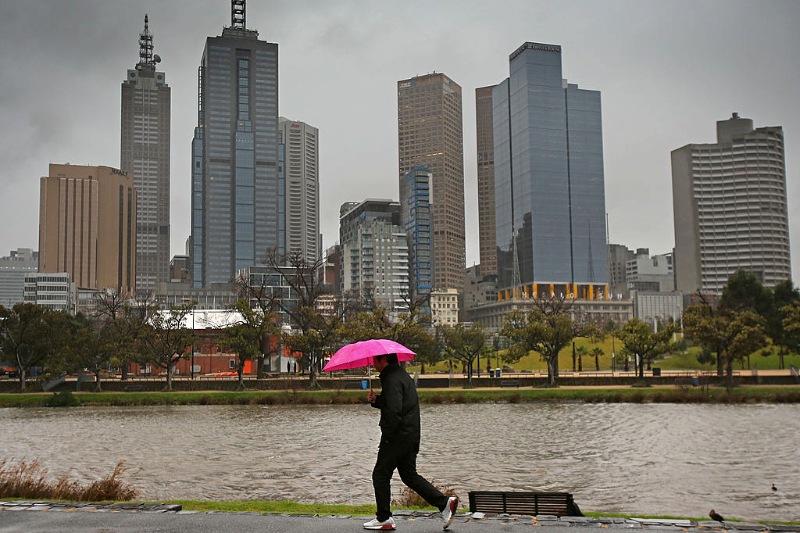
ARTS AND CULTURE
- Andrew Hamilton
- 24 May 2022
1 Comment
Next week we officially enter winter. The associations of winter are largely negative. They mourn the loss of the summer that has passed. For that reason it may seem incongruous that winter should begin immediately after a Federal Election campaign that ended with the excitement of the people’s choice of a new Government. The potential for a new beginning might fit better with spring.
READ MORE 
-
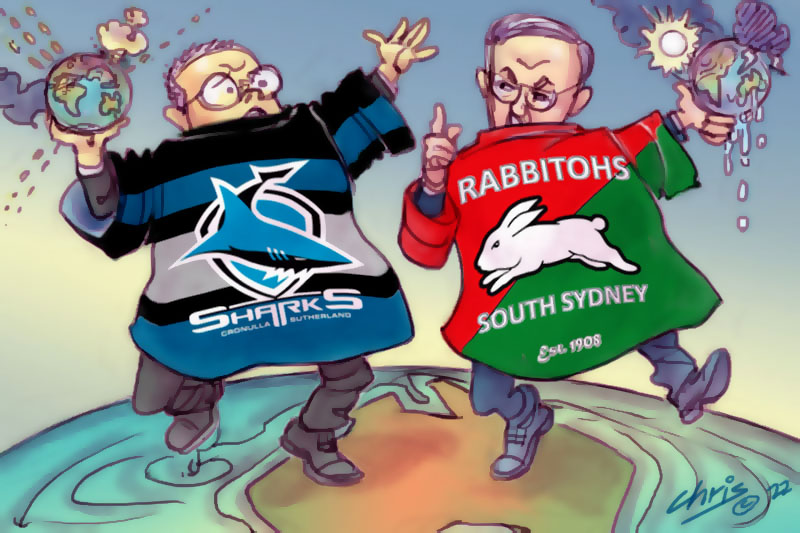
AUSTRALIA
- Julian Butler
- 12 May 2022
3 Comments
Election campaigns can be defined by all sorts of things. Gaffes, negative ads, international incidents, public policy. It is trite but no less true to say that this federal election campaign has been much more about the first three rather than the last. The policy discussion has been edged into the election mix most seriously by various interest groups and by some of the macro party and independent candidates seeking election.
READ MORE 
-
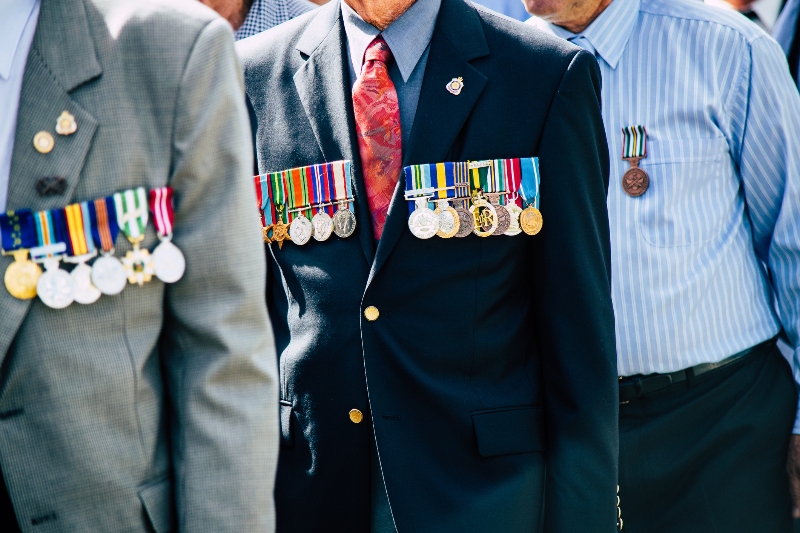
AUSTRALIA
- Andrew Hamilton
- 21 April 2022
34 Comments
This year Anzac Day promises to be a subdued celebration with local events in which people who have fought in wars and their relatives can take part. Few will be able to travel to Gallipoli to remember the invasion. The focus of the day will remain rightly on the sorrow of war and not on the heroic achievements of soldiers or on deemed distinctive Australian qualities displayed at Gallipoli. The association of soldiers at Gallipoli with footballers playing their games on Anzac Day will seem not only crass but ridiculous.
READ MORE 
-

AUSTRALIA
- Andrew Hamilton
- 13 April 2022
11 Comments
In our culture, Easter celebrates the benignity of the ordinary. It is a time for getting together with family, for going away to bush or beach, and in southern states a time of mild weather ideal for watching big football matches and other sport. The important question raised now by Easter is whether the meanings of Australian Easter, and indeed those available to our secular society, have the depth needed to handle our present predicaments.
READ MORE 
-
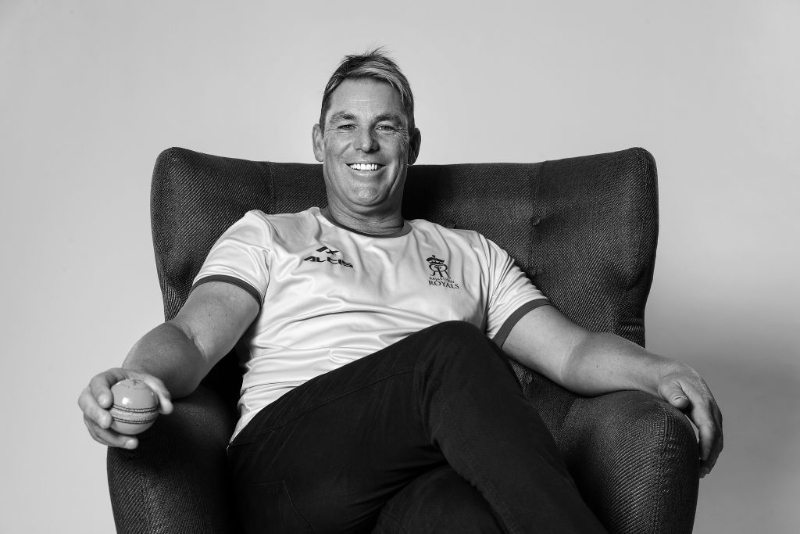
AUSTRALIA
- Binoy Kampmark
- 07 March 2022
8 Comments
It was once said of T. E. Lawrence that he had a tendency to back into the limelight. With the late Shane Warne, arguably the finest slow bowler cricket has ever produced, it edged towards him. His debut appearance against India in the 1991-2 home series in Australia was not auspicious. Paunchy, exuding a vernacular Australian coarseness, and initially wayward, he received an object lesson from India’s Ravi Shastri and the youthful Sachin Tendulkar at the Sydney Cricket Ground. But there were already those incipient signs: the slovenly look, the ear piercings, the peroxide hair.
READ MORE 
-
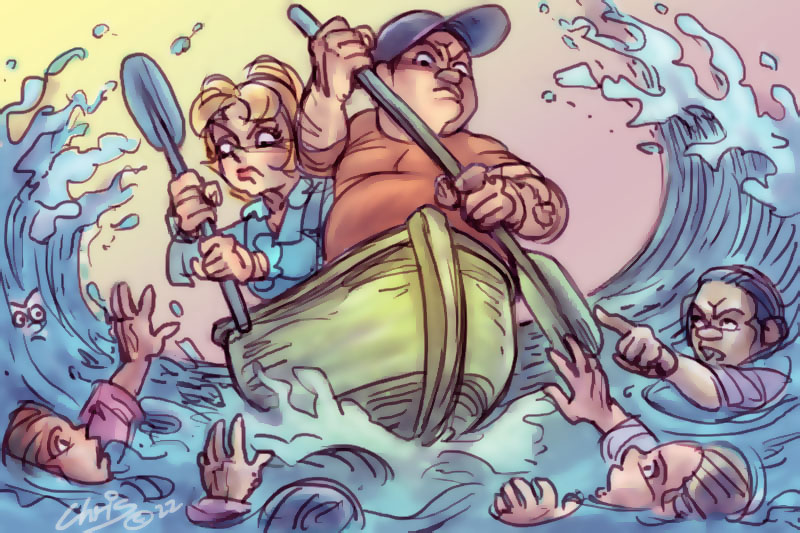
AUSTRALIA
- Cristy Clark
- 08 February 2022
22 Comments
Avoiding discomfort is a privilege only enjoyed by those who benefit from the status quo, and civility policing is fundamentally about protecting both that privilege and the status quo itself. Confronting the reality of injustice in both our past and our present should be uncomfortable, and no one is entitled to immunity.
READ MORE 
-
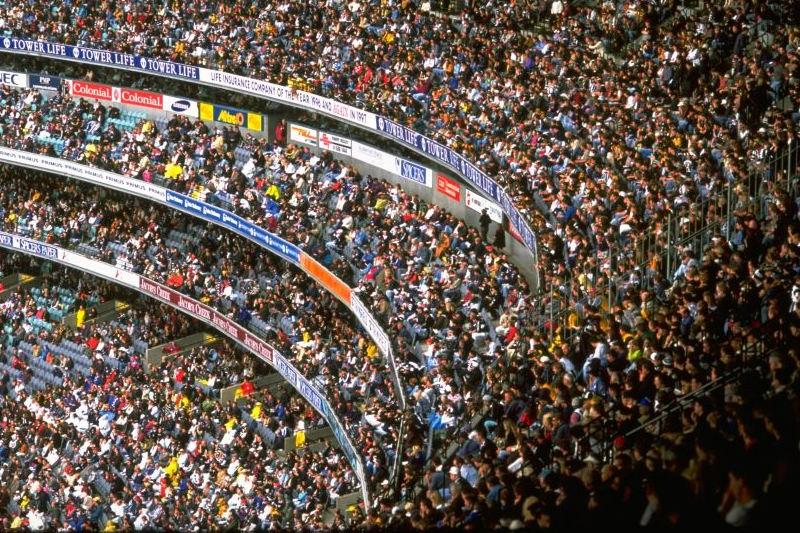
ARTS AND CULTURE
- Brian Matthews
- 30 November 2021
1 Comment
The time: Queen’s Birthday Monday 1992. The place: outside the Great Southern Stand of the MCG. The occasion: St Kilda versus Collingwood. One word, belonging to the world we all now live in, brings the scene vividly back to me … because the gathering throng is clearly going to be huge — much bigger than forecast — and because one section of the G, at least as I remember it, is closed off for some local temporary reason, a very large crowd will require more than routine management.
READ MORE 
-

ARTS AND CULTURE
- Michael McGirr
- 20 September 2021
11 Comments
It’s not hard to understand why so many people are watching Ted Lasso (Apple TV), nor why it was nominated for twenty Emmy Awards and won seven. Believe it or not, it is twenty years since The Office first premiered on the BBC. Not since then has a comedy series cut so close to the bone of our cultural needs and anxieties.
READ MORE 
-

ARTS AND CULTURE
- Geoff Page
- 14 September 2021
2 Comments
Once again we’re forced to think about the ones who’ve kept us going, doctors, nurses, nurses’ aides, swallowing their fear and knowing masks, however good, can never be sufficient, those who check each other’s PPE, all suited-up as if they planned a landing on the moon.
READ MORE 